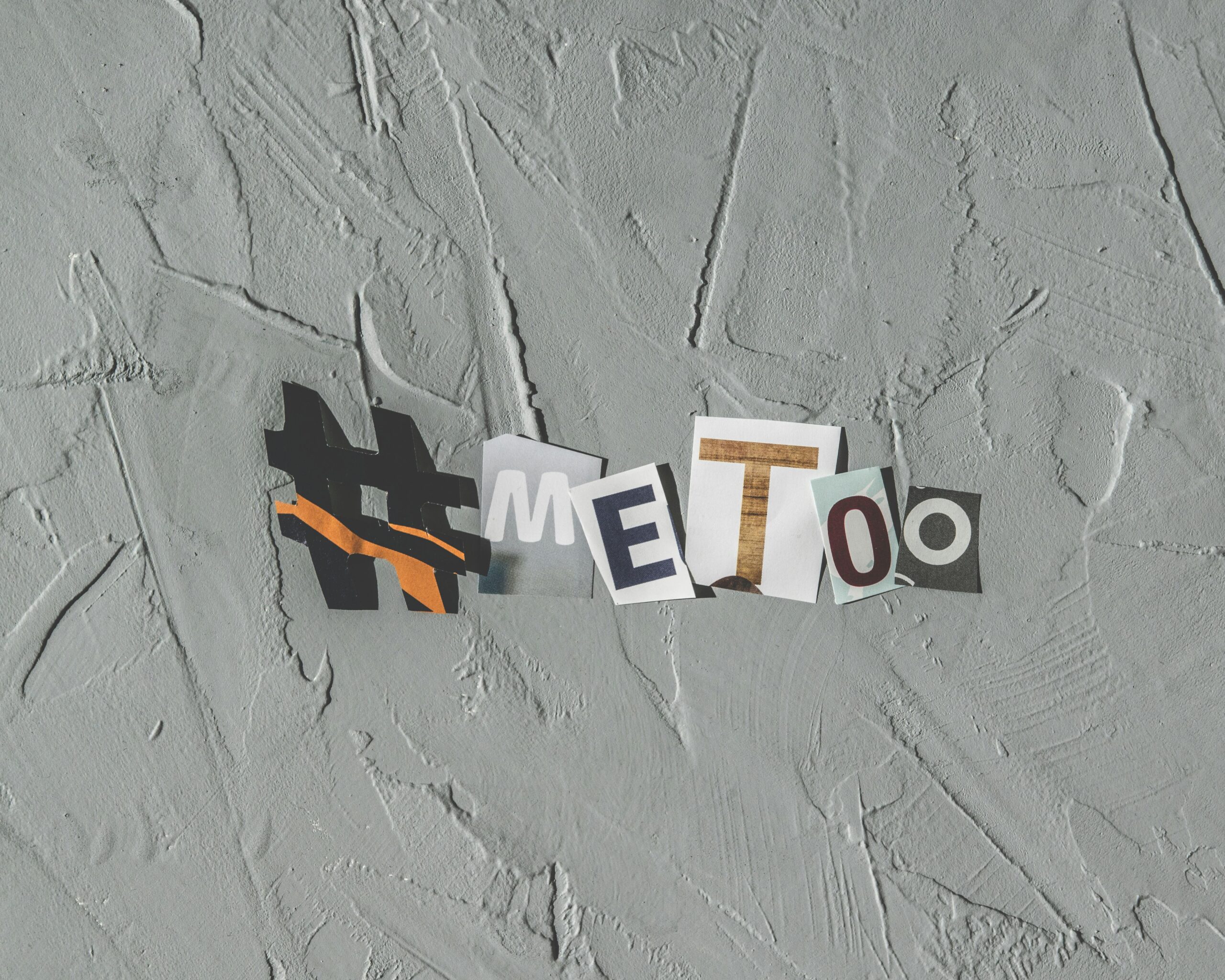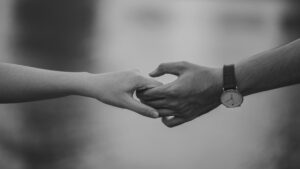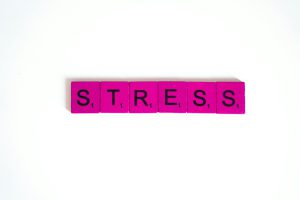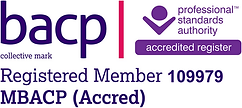Sexual violence is far too common in today’s world. For instance, According to Rape Crisis England and Wales, 1 in 4 women in the UK have been raped or sexually assaulted after turning 16, often by someone they know. In some parts of Asia, Africa, and the Middle East, those numbers are even higher. But it’s not just women who experience this – men, boys, and transgender individuals are also affected. Healing after sexual assault can feel impossible.
The effects of sexual violence go beyond physical injuries. Survivors often feel shattered, struggling with fear, shame, and loneliness. Nightmares, flashbacks, and overwhelming memories can make the world feel unsafe. Trust, both in others and in yourself, can seem impossible. Relationships might feel threatening, and many survivors wrestle with PTSD, anxiety, or depression.
Here’s the key thing to remember when healing after sexual assault: these reactions are completely normal. They are your mind and body’s response to trauma, not a reflection of who you are. And while healing might feel out of reach, it’s absolutely possible. Let’s explore how to move forward.
Breaking Through Myths About Sexual Assault
One of the first steps to healing is unlearning harmful myths about sexual violence:
- Myth: You can spot a rapist by how they look.
Fact: Many perpetrators seem friendly, charming, and normal (it’s how they get their needs met!) - Myth: If you didn’t fight back, it wasn’t that bad.
Fact: Freezing in shock is a natural response. Your brain shuts down, and moving or speaking can feel impossible. A normal response to an abnormal situation. - Myth: People “ask for it” by dressing or acting a certain way.
Fact: Rape is about power and opportunity, not appearance or behaviour. It is never the victim’s fault. - Myth: Date rape is a misunderstanding.
Fact: Most date rapists are repeat offenders who prey on vulnerable people. - Myth: It’s not rape if it’s your spouse or partner.
Fact: Consent is required every time. Being in a relationship doesn’t give someone unlimited access to your body.
Steps to Healing after Sexual Trauma
Sexual assault referral centres, or SARCs, provide a safe space and dedicated care for anyone who has been raped, sexually assaulted or abused. They offer a range of services, including crisis care, medical and forensic examinations, emergency contraception and testing for sexually transmitted infections. There are SARCs located throughout the UK and you can find out further information here.
1. Speak Up About What Happened
Admitting that you were assaulted can be one of the hardest parts of healing. Shame and fear of judgment often keep survivors silent but bottling it up can make things worse.
Start by confiding in someone you trust – a friend, family member, therapist, or a crisis phoneline. Sharing your story, even a little at a time, can free you from feelings of isolation and shame. If you don’t have someone you feel safe talking to, consider joining a support group or an online community for survivors.
2. Let Go of Guilt and Shame
Many survivors blame themselves for what happened. You might replay the event in your head, thinking, “What if I’d done this differently?” But the truth is, the only person responsible for the assault is the perpetrator.
Remind yourself:
- Freezing during the assault is a normal trauma response.
- Trusting someone who violated you doesn’t make you at fault.
- Being drunk or not cautious enough doesn’t mean you asked for it.
Letting go of guilt and shame takes time, but understanding these truths can help.
3. Manage Flashbacks and Triggers
Trauma can leave your nervous system on high alert, causing flashbacks, nightmares, or overwhelming memories. These are incredibly common, but you can learn to manage them.
Here are a few tips:
- Identify triggers. This might include certain places, smells, or dates. Being prepared can help you stay grounded.
- Pay attention to your body. Tension, shortness of breath, or racing thoughts are signs your stress is building.
- Self-soothe. Try a calming breathing exercise: inhale for 4 counts, hold for 7, and exhale for 8. Repeat until you feel more centred. Pick out 3 objects in the room and describe them in great detail.
4. Reconnect with Your Body and Feelings
After a sexual assault, it’s common to feel disconnected from your body. You might avoid certain sensations or shut down your emotions entirely. But numbing yourself doesn’t just block the pain – it also takes away your ability to feel joy, connection, and safety.
To reconnect with yourself:
- Move with rhythm. Activities like dancing, drumming, or even walking can help you feel grounded.
- Try mindfulness. Focus on the present moment – your breath, your surroundings, and your sensations – without judgment.
- Explore yoga or massage. These can help you rebuild trust with your body at your own pace.
5. Lean on Others for Support
It’s natural to feel withdrawn after an assault, but staying connected to others is crucial for healing. Spend time with loved ones, even if it’s just for light-hearted activities. Laughter and fun can be just as healing as deep conversations.
If you’re struggling to connect, consider joining a class or club to meet new people. Small steps toward rebuilding your social life can make a big difference.
6. Take Care of Yourself
Healing is an ongoing process, so be patient with yourself. Focus on these small but powerful habits:
- Rest. Give your body and mind the breaks they need.
- Move your body. Exercise can relieve stress and help you feel stronger and more in control.
- Limit triggers. Avoid media or environments that bring back painful memories.
- Skip self-medicating. Alcohol and drugs can make symptoms worse, even if they feel like a quick escape.
Final Thoughts
Recovering from sexual trauma is not easy, and it doesn’t happen overnight. But with patience, support, and the right tools, you can heal. If you’re struggling, feel free to reach out to me for support. I have a wealth of experience in this area and work both in-person and online.
Remember: healing isn’t about forgetting what happened – it’s about reclaiming your life and rediscovering your strength. You’ve survived the trauma, and now it’s time to thrive.






